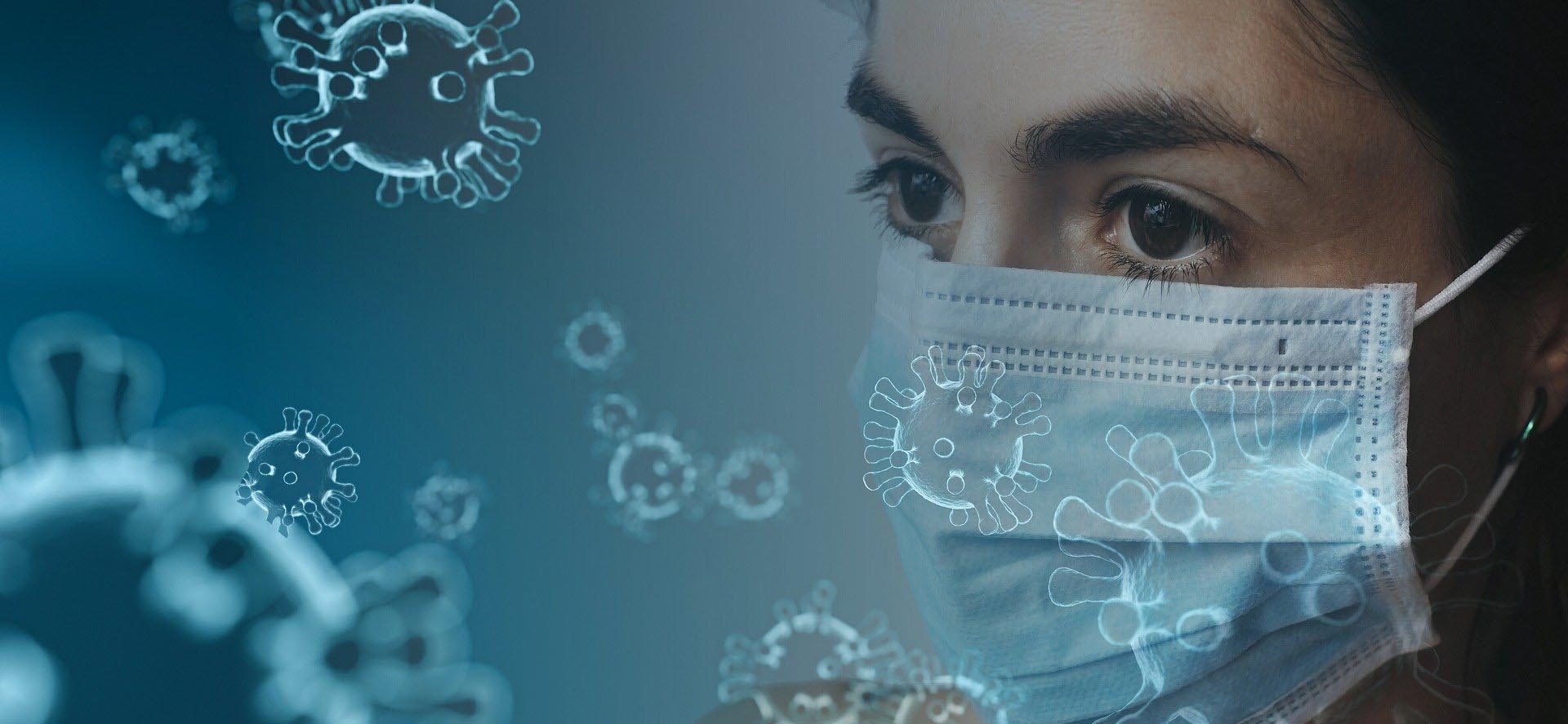How to Better Bounce Back after COVID-19

PREMIUM CONTENT for MEMBERS ONLY
By Jill Horn
The global COVID-19 pandemic has brought about substantial mental health concerns with reported increases in loneliness, depression, anxiety, and suicidal ideation due to prolonged social isolation and economic uncertainty.
“A recent study reported an increase in depressive symptoms, worry, anxiety, and loneliness in people during the pandemic.”
A recent study based on surveys reported an increase in depressive symptoms, worry, anxiety, and loneliness in people without mental disorders during the pandemic when compared to data prior to its onset. Individuals with pre-existing mental health conditions do not show such an increase but demonstrate heightened symptomatology both prior to and during the pandemic, with the most severely mentally ill actually showing a decrease in symptoms throughout this global health crisis (Pan et al., 2020). Results of another survey demonstrated significantly higher self-reported loneliness, with those individuals reporting high loneliness also meeting the clinical criteria for moderate to severe depression as well as scoring higher in the suicidal ideation scheme (Killgore et al., 2020a). As much as these data may sound depressing, it is important to also point out the fact that many individuals do show high psychological resilience during these challenging times.
“…the most resilient people demonstrating a decreased negative emotional response…”
Psychological resilience is defined as “the process and outcome of successfully adapting to difficult or challenging life experiences, especially through mental, emotional, and behavioral flexibility and adjustment to external and internal demands” by the American Psychological Association (APA, 2021). Other sources may define the term as the ability to bounce back, or to bend but not break during and after stressful or adverse experiences (Fletcher et al., 2013). The perception of how stressful an event is varies highly between individuals, with the most resilient people demonstrating a decreased negative emotional response and enhanced positive coping skills during difficult times (MacLeod et al., 2016, Smith et al., 2016). But what makes one person psychologically resilient and another more susceptible to negative mental health outcomes? The difference may involve several interacting variables on the level of the individual or community which have a favorable effect on both physical and mental health.
“It is important to focus on …. nurturing and maintaining social support networks and a resilience-favorable environment…”
The key recommendations for boosting one’s psychological resilience during the pandemic include nurturing strong and stable social networks, spending time outdoors in the sunlight, and increasing the amount of daily movement (Killgore et al., 2020b), as well as adopting a gut microbiome friendly nutritional approach such as the Mediterranean diet which has been shown to decrease depression symptoms (Jacka et al., 2017; Parletta et al., 2019). The Centers for Disease Control and Prevention has published coping strategies which may be particularly beneficial during COVID-19. These include 1) pausing, taking a breath, and noticing how you feel, 2) taking care of your body by prioritizing healthy nutrition, exercise, and sleep 3) taking time to unwind, 4) staying connected with friends and family, and 5) seeking help if you feel overwhelmed or unsafe (CDC, 2021). It is important to focus on both resilience boosters on the individual level such as nurturing the body with healthy foods, taking breaks to breathe and meditate, spending time outdoors, and exercising, as well as nurturing and maintaining social support networks and a resilience-favorable environment by connecting with family, friends and/or a significant other. All of these practices have been shown to prove valuable in positively coping with stressful times and are associated with decreased negative mental health outcomes and greater resilience (Killgore et al., 2020b). Therefore, making simple changes to one’s daily routine and incorporating these habits may not only help in bouncing back quicker from the negative consequences of the pandemic but also foster resilience and adaptability for enhanced positive coping and improved mental health in the future.
References
APA, 2021 https://dictionary.apa.org/resilience
CDC, 2021 https://www.cdc.gov/coronavirus/2019-ncov/daily-life-coping/managing-stress-anxiety.html
 Jill Horn is a recent UCLA graduate with a degree in Neuroscience. She is deeply interested in the interconnectedness of body, mind, and spirit takes an integrative approach to health and well-being.
Jill Horn is a recent UCLA graduate with a degree in Neuroscience. She is deeply interested in the interconnectedness of body, mind, and spirit takes an integrative approach to health and well-being.